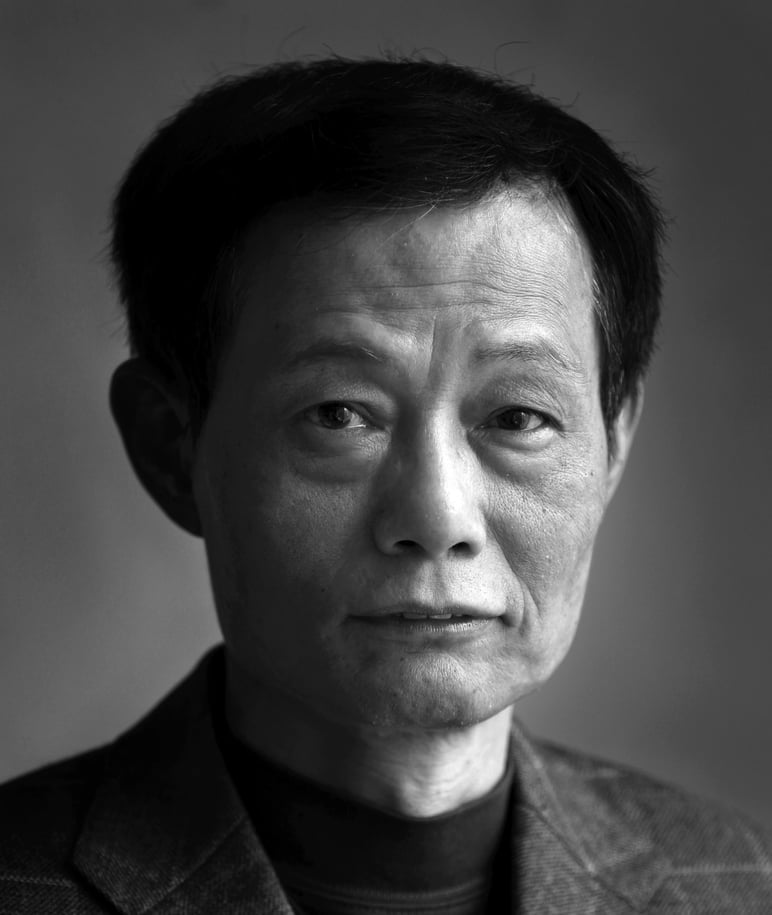
Why excluding Taiwan from aviation body hurts China and the world
Once the scene for a diplomatic breakthrough between China’s communists and Taiwan’s pro-unification Nationalists, the International Civil Aviation Organisation is now at the centre of a revived rift between Beijing’s nationalistic leadership and Taipei’s newly installed independence-leaning government.
The ICAO is an obscure arm of the UN. China, of course, is one of five permanent members at the UN’s decision-making Security Council, while Taiwan is entirely absent.
Cross-strait relations have dipped since the Democratic Progressive Party’s Tsai Ing-wen became Taiwanese president in May, after eight years of steady improvement under Ma Ying-jeou.

Beijing’s endorsement of Taiwan’s debut at an assembly at the Montreal-based ICAO in 2013 was seen as a milestone, ending the three-decade diplomatic battle between the rivals since the UN kicked out Chiang Kai-shek’s Taiwan-based Republic of China in 1971.
Since being kicked out, Taipei has grown accustomed to international isolation, as it has maintained diplomatic ties with only 23 small and poor countries.
Last month, the ICAO denied Taipei a place at its triennial assembly, citing Beijing’s initiative. It also barred Taiwanese journalists from covering the event.
From Beijing’s perspective, it is reasonable to use every available leverage to force the independence-leaning DPP government to accept its cherished “one-China principle”.

But such action is not only unfair to Taiwanese people, it will also do no good to Taiwan, China or the world, as it will also affect the development of the aviation industry.
Being an international organisation responsible for establishing global aviation policies and promoting cooperation in the improvement of flight safety and security, the ICAO should require the participation of all major aviation players, regardless of their political or diplomatic status.
Taiwan, with a population of 23 million and ranked as the world’s 23rd largest economy, therefore ought to be involved.
Playing a big role in regional and global air travel, Taiwan is concerned about any changes in the industry’s practices and standards. According to Airport Council International rankings, Taipei’s Taoyuan Airport, one of two civilian airports in the island’s capital, was ranked the fifth busiest international cargo airport, and 11th for international passenger plane traffic.

Taipei is also the hub of western Pacific aviation routes, and its information centre provided flight control services for more than 1.5 million flights, carrying more than 58 million passengers, in the last year alone. While China can use its sovereign status in the 191-member institution to exclude Taiwan, Beijing should understand the need to enable Taipei’s participation.
But Taiwan’s absence from the forum will not only be a great loss the Taiwanese people and its aviation industry. It affects global aviation safety and security.
No political condition should be allowed to get in the way of work that is about the safety of human lives, Taiwanese, Chinese or foreign.
The decision is apparently to go against the spirit of the UN, which requires cooperation and constructive progress in the interest of all humans.
The worst thing about all this is that such activities do not serve Beijing’s paramount interest of promoting national reunification, as its efforts to squeeze Taiwan out of the international community will upset Taiwanese people and repel them even further from the mainland’s embrace.
Cary Huang, a senior writer with the South China Morning Post, has been a senior editor and China affairs columnist since the early 1990s

